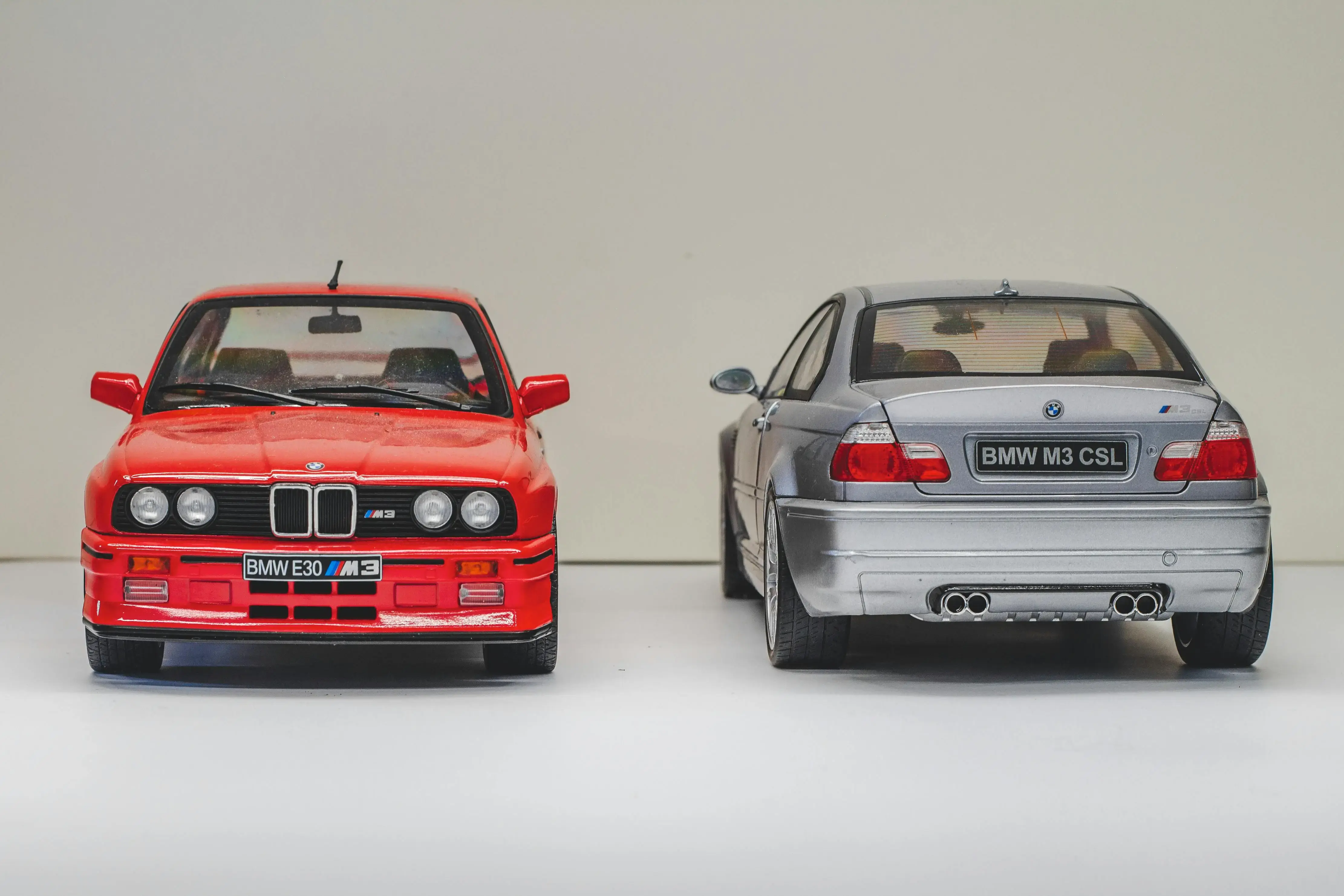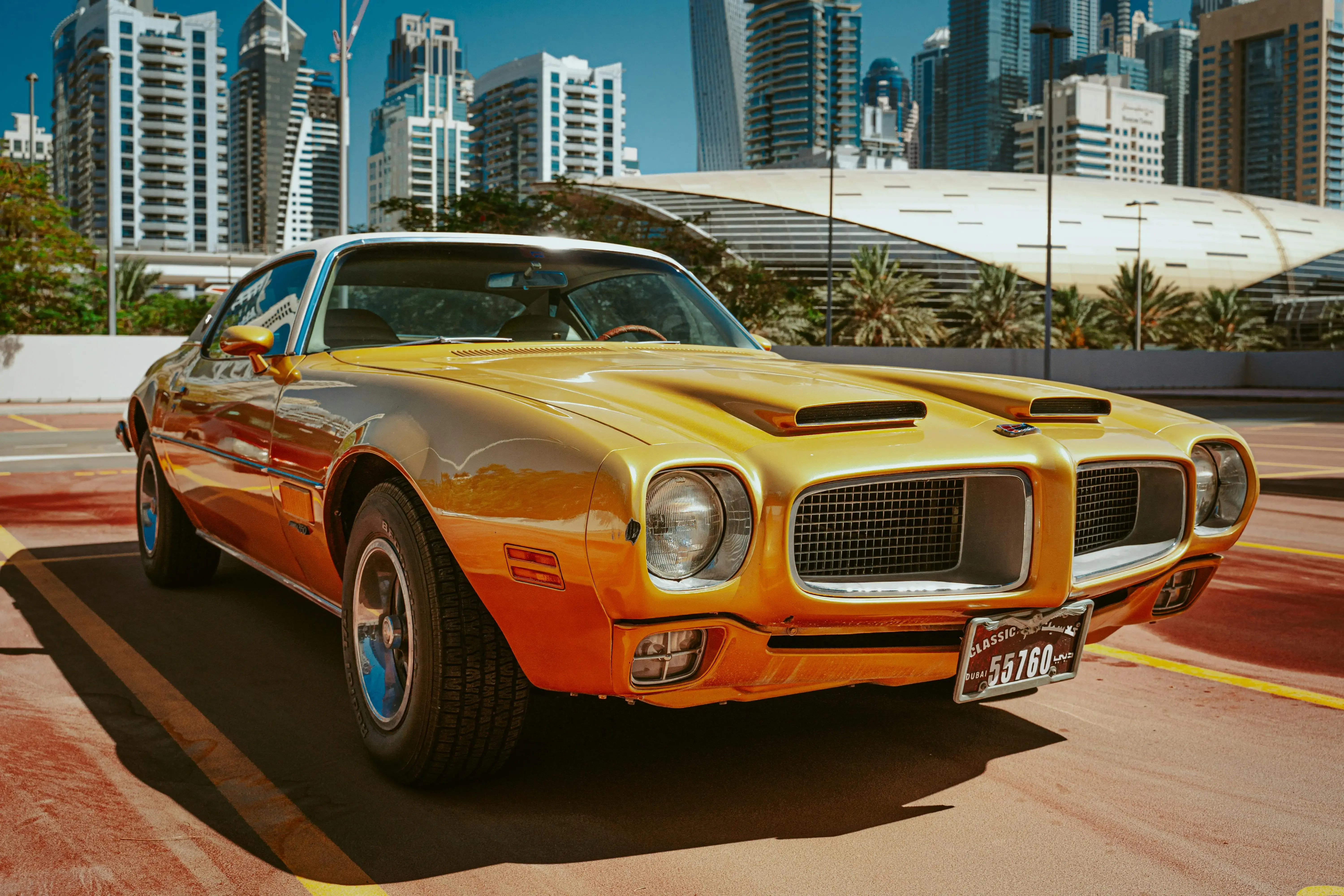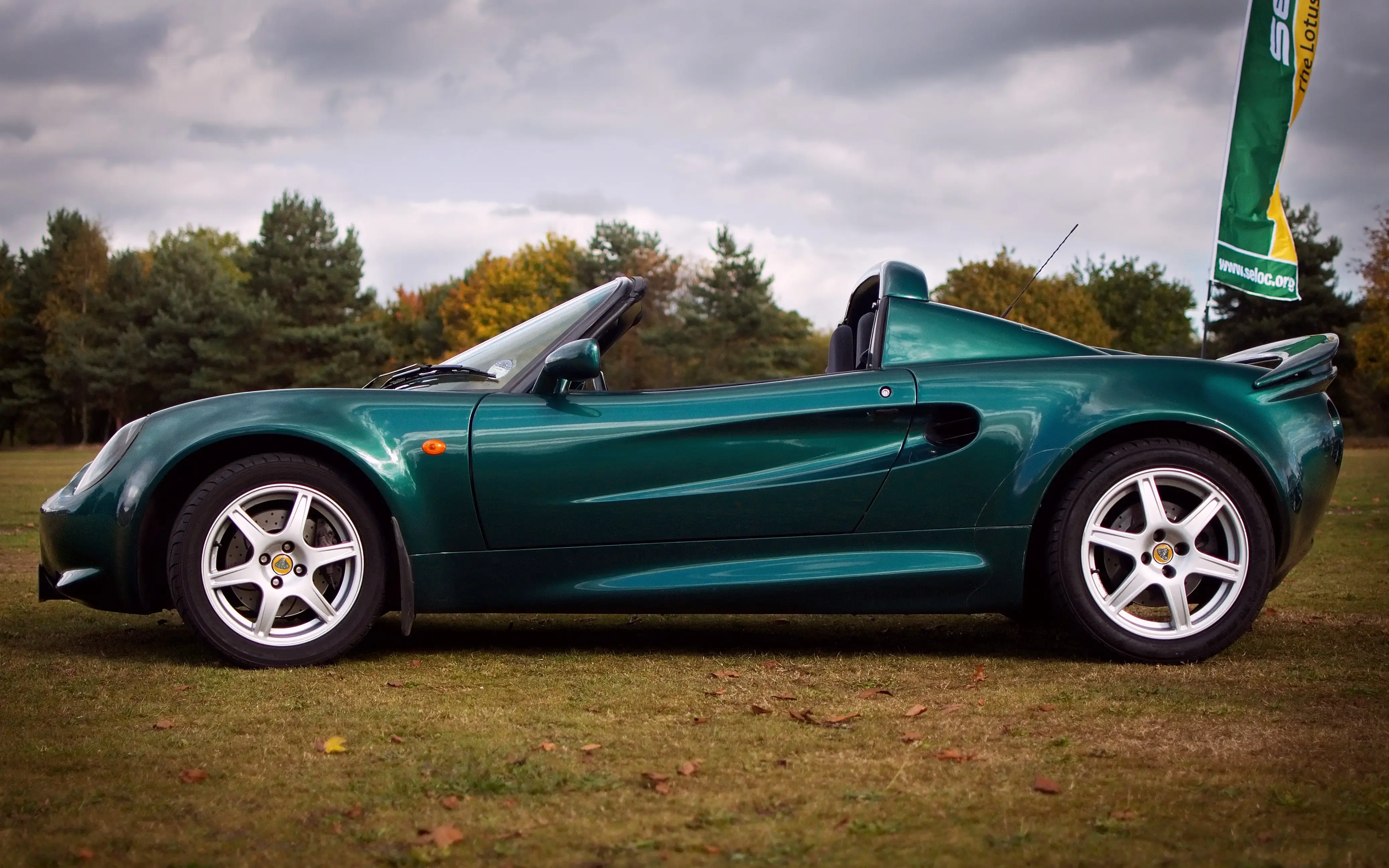Volkswagen Passat B5 Classic Import 2026: 25-Year Rule
The Volkswagen Passat B5, produced from 1996 to 2005, was a milestone in VW’s global strategy, merging attainable German sophistication with advanced engineering. Sharing a platform with Audi’s A4 and A6, the B5 set new benchmarks in refinement and practicality for family sedans and wagons. With 2001 examples now meeting the U.S. 25-year import threshold in 2026, importers and enthusiasts can access unique trims, diesel variants, and configurations never officially sold in North America.
Model History & Background
Launched at the end of 1996 and evolving through mid-2005, the B5 brought the Passat into the premium arena. Its longitudinal engine layout and sophisticated multi-link front suspension delivered class-leading ride and handling. The B5 was available as a sedan or wagon (called the Variant in Europe), with a wide array of engines—from the efficient 1.8T turbo to the robust 2.8L V6 and a selection of TDI diesels that remain coveted for their torque and economy.
Some B5 models found service in police fleets across Europe, equipped with upgraded cooling, suspension, and electrical systems. While these “Euro police spec” variants are fascinating for collectors interested in niche history, their appeal is mostly limited to enthusiasts and speciality buyers—not the mainstream classic VW community.
Specs That Matter to Importers
-
Engines: Euro 1.8T, 2.8L V6, 2.5 TDI turbo-diesel (not originally offered in the U.S.)
-
Drivetrain: Front-wheel drive or 4Motion all-wheel drive
-
Transmission: 5- or 6-speed manual and automatic options
-
Curb Weight: 3,200–3,700 lbs (body/drivetrain dependent)
-
Reliability: Watch for sludge in 1.8Ts, aging control arms, water pumps, timing belts (V6), and attention to TDI fuel systems over long storage/shipping periods.
Why the Passat B5 Is 25-Year Eligible in 2026
As 2001 builds turn 25, importers can legally bring in European TDI diesels, rare AWD wagons, manual options, or market-specific trims under the DOT/EPA exemption, even if those models never met U.S. standards. Enthusiasts appreciate the opportunity to secure “unicorn” specs or ultra-clean low-mile Euro-market cars, while specialty buyers might seek out storied ex-police wagons. However, the broadest appeal is for diesel wagons and tidy European trims that stand out in U.S. showrooms and collections.
Key Import & Use Considerations
-
Diesel registration: While federal law allows 25-year-old TDIs, local use may be restricted, especially in CARB-compliant states. Daily use may require classic/historic/occasional plates, not normal commuter tags; always confirm DMVs’ stance before import.
-
Euro “police spec” models: A quirky collector’s niche, but appeal is mostly limited to VW history buffs or specialty clubs.
-
Parts/Servicing: Sourcing Euro/TDI-specific components might require importing from Europe, especially for rare trims or police-specific upgrades.
-
Shipping: Containerized shipping is the gold standard, protecting classics—especially wagons—during trans-Atlantic transit. Dealers benefit from WCS’s consolidated shipments and post-arrival storage/sorting options.
-
Documentation: For right-hand drive or specialized European models, clear title/registration advice from WCS and early DMV engagement is especially valuable.
For every 2001 classic eligible for 25-year import, including more mainstream and specialty models, see all 2001 classic models becoming 25-year eligible in 2026 in our full guide.
Ready to import a Passat B5?
Use the WCS shipping calculator and let our experts make container logistics, documents, and classic shipping simple for your next collectible.
You May Also Like
These Related Stories

Classic Car Import Trend: 2025 to 2026 Automotive Collector Boom

Import a Car from Dubai to USA 2025 Guide: Car Shipping

-093789-edited.png?width=220&height=79&name=wcs_final_logo_(1)-093789-edited.png)
